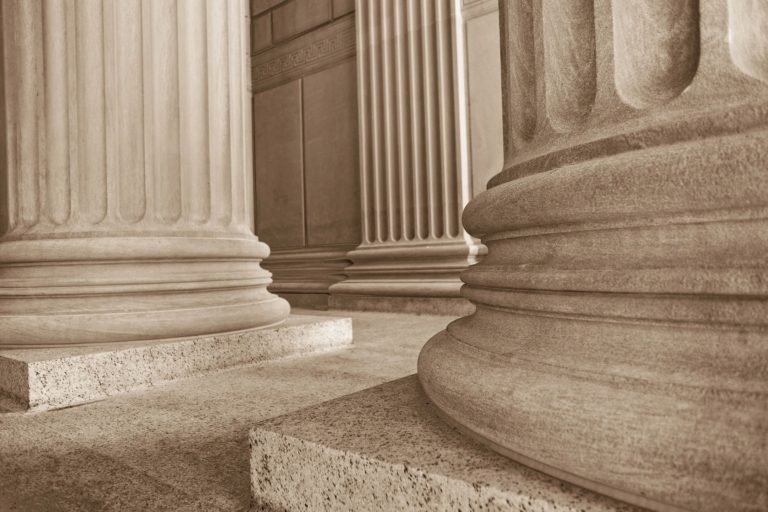Harley Blakeman, the Founder and CEO of Honest Jobs, Inc., the country’s largest fair-chance hiring platform, was formerly incarcerated himself.
He knows how hard it is to get a job when you have a felony and so now helps people with criminal records thrive at work, at home, and in their communities.
Most businesses in America have been focused on racial diversity in the workplace, in particular, the share of Black people among applicants, employees, and leaders.
There is another chance for equality through fair-chance hiring, which would also boost diversity.
Fair-chance hiring is the practice of assessing job candidates with criminal records on a case-by-case basis and considers the nature of the offense, how long ago it occurred, and the nature of the specific job role.
It would help with diversity because the U.S. criminal legal system disproportionately impacts groups who are underrepresented.
It would also help people with disabilities. People in state and federal prisons are three times more likely to have at least one disability than the general population and they face so many challenges, biases, and inaccessible services, which worsens their outcomes.
LGBT+ lesbian, gay, and bisexual people are more likely to be incarcerated and be given longer sentences. Fair chance hiring would also help these groups.
Veterans who have been incarcerated would also stand a chance.
One in three Americans has something come up on their background check but fair-chance hiring would help them because most are candidates who are qualified, eager to work, and loyal to employers who see past their background and give them a chance.
When companies don’t hire candidates with criminal records, it’s hard to diversify your organization and these businesses usually have a disproportionately white, straight, cisgender, and non-Veteran workforce.
Fair-chance employers can truly diversify the workforce by hiring from broader backgrounds and identities.
Fair chance hiring can truly diversify the workforce
- 26/07/2022
- 3:01 pm
admin
Thinker & Designer
Share on facebook
Share on twitter
Share on pinterest
Share on reddit
Recent Posts

10 August, 2022
Mitchell Hamline School of Law in St. Paul, Minn. this summer accepted their first incarcerated student....

09 August, 2022
Financial inclusion is the term used for efforts to make basic banking and financial products safe, affordable,...

08 August, 2022
According to NYN Media, New York City should work with unions and re-entry providers to provide work...

05 August, 2022
Southern California is based on a reputation for offering its citizens the promise of education, jobs,...

04 August, 2022
After the murder of George Floyd ignited nationwide protests, corporate America promised to take an active...

03 August, 2022
President Biden signed Executive Order 13985 on his first day in office. That order advances racial equity...

02 August, 2022
In the wake of the killing of George Floyd and amid calls for greater social justice, the U.S. stock...
No posts found



